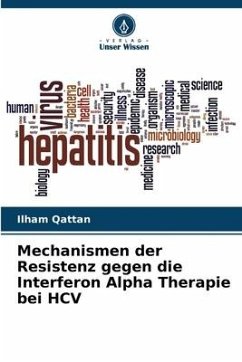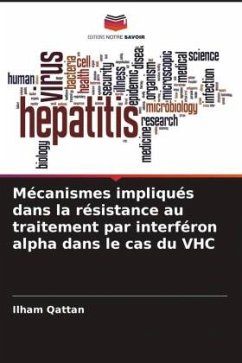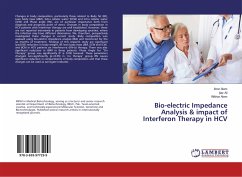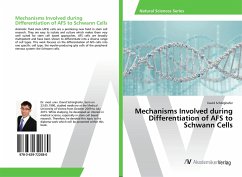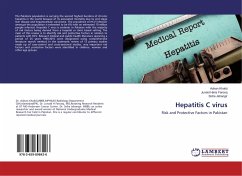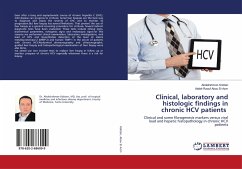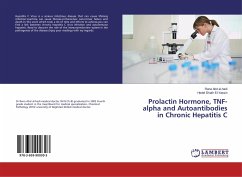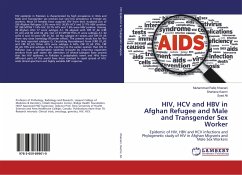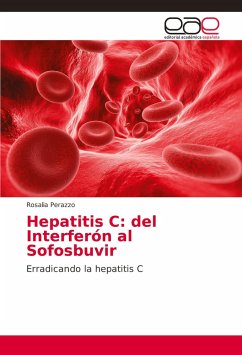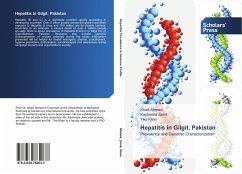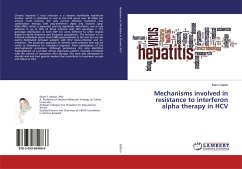
Mechanisms involved in resistance to interferon alpha therapy in HCV
Versandkostenfrei!
Versandfertig in 6-10 Tagen
55,99 €
inkl. MwSt.

PAYBACK Punkte
28 °P sammeln!
Chronic hepatitis C virus infection is a massive worldwide healthcare burden, which is estimated to cost in the USA alone over $5 billon per annum. Until recently, the only current effective treatment was combination therapy with peg-interferon alpha and ribavirin (peg-IFN +RBV), which is expensive and has significant side-effects, and is only effective in up to 50% of those infected with HCV genotype 1. The genotype distribution at both SNP loci were different to other studies based on North American and European populations. The inclusion of co-infected individuals shows that IL28B polymorph...
Chronic hepatitis C virus infection is a massive worldwide healthcare burden, which is estimated to cost in the USA alone over $5 billon per annum. Until recently, the only current effective treatment was combination therapy with peg-interferon alpha and ribavirin (peg-IFN +RBV), which is expensive and has significant side-effects, and is only effective in up to 50% of those infected with HCV genotype 1. The genotype distribution at both SNP loci were different to other studies based on North American and European populations. The inclusion of co-infected individuals shows that IL28B polymorphisms at the two loci are not evenly distributed between patients with HCV mono-infection and co-infections. The proteomic approach to identify novel proteins that may be useful as biomarkers for treatment response. After optimization of the electrophoretic procedure. Although preliminary, the data identified haptoglobulin as a protein whose expression pattern inversely correlated with the control of replication after therapy. The work also attempted to identify viral and host genetic markers that contribute to treatment success and failure in HCV.



